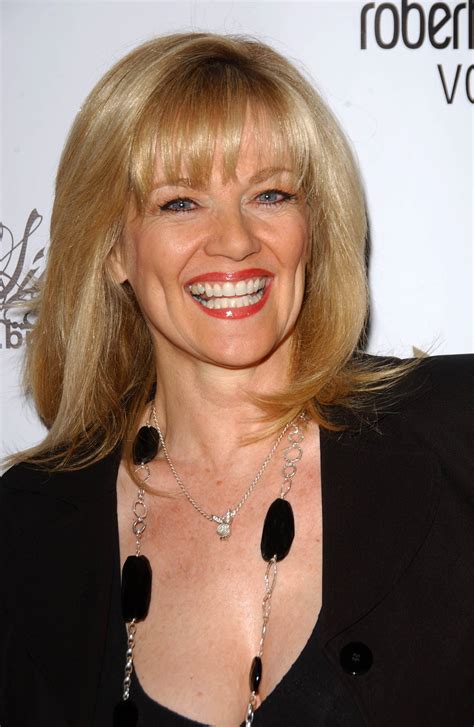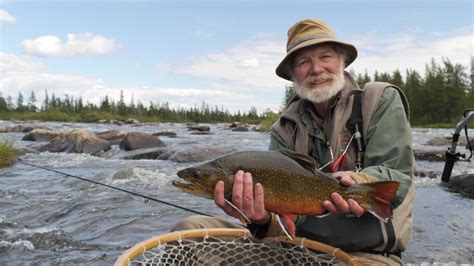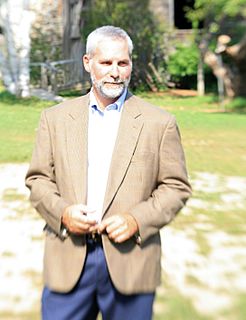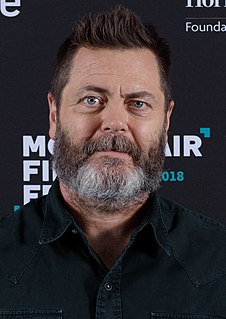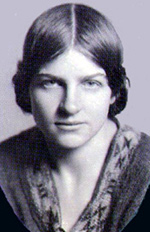A Quote by Larry J. McKinney
A lot of fishermen are telling us they like things the way they are. They aren't pushing for the change. It's part of the conservation ethic that coastal fishermen have developed.
Related Quotes
In our family, there was no clear line between religion and fly fishing. We lived at the junction of great trout rivers in western Montana, and our father was a Presbyterian minister and a fly fisherman who tied his own flies and taught others. He told us about Christ's disciples being fishermen, and we were left to assume, as my brother and I did, that all first-class fishermen on the Sea of Galilee were fly fishermen and that John, the favorite, was a dry-fly fisherman.
I am almost certain fishermen posess a peculiar bend to their makeup. Fisherman are optimists, and the fish in the future is always preferable to the fish at hand. Even the best fishermen catch fish only a small percentage of the time, which means we persevere in a sport that features failure as its main ingredient. Truly great days, when the fish hammer the fly as soon as it lands on the water are rare.
In the twelfth century the Basque fishermen of Biarritz used to hunt whales with deadly efficiency. When the whales sensibly moved away, the Basques chased them further and further, with the consequence that the fishermen of Biarritz discovered America before Columbus did. This is a matter for local pride but on a larger view it is not quite so stunning, since with the possible exception of the Swiss everybody discovered America before Columbus did.




